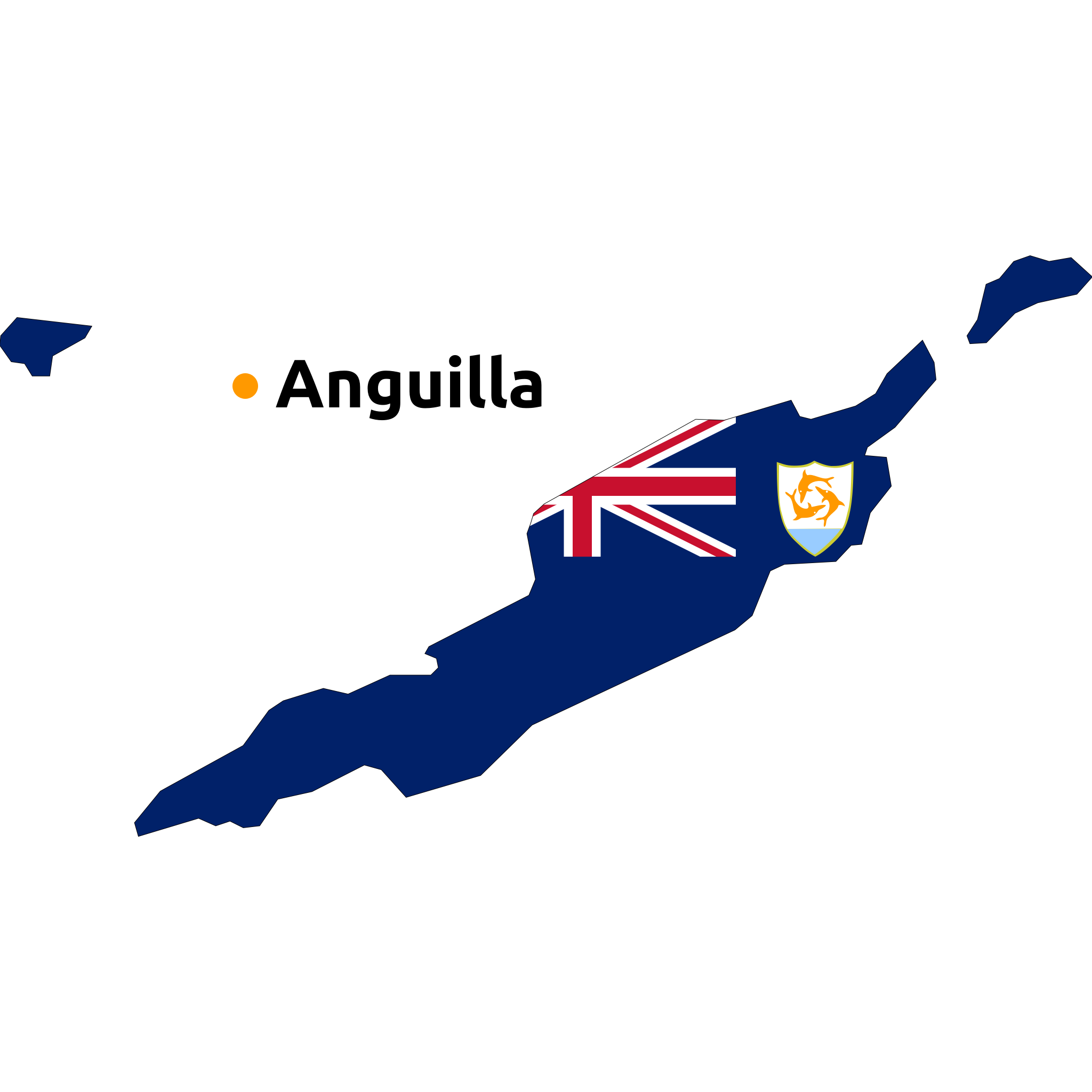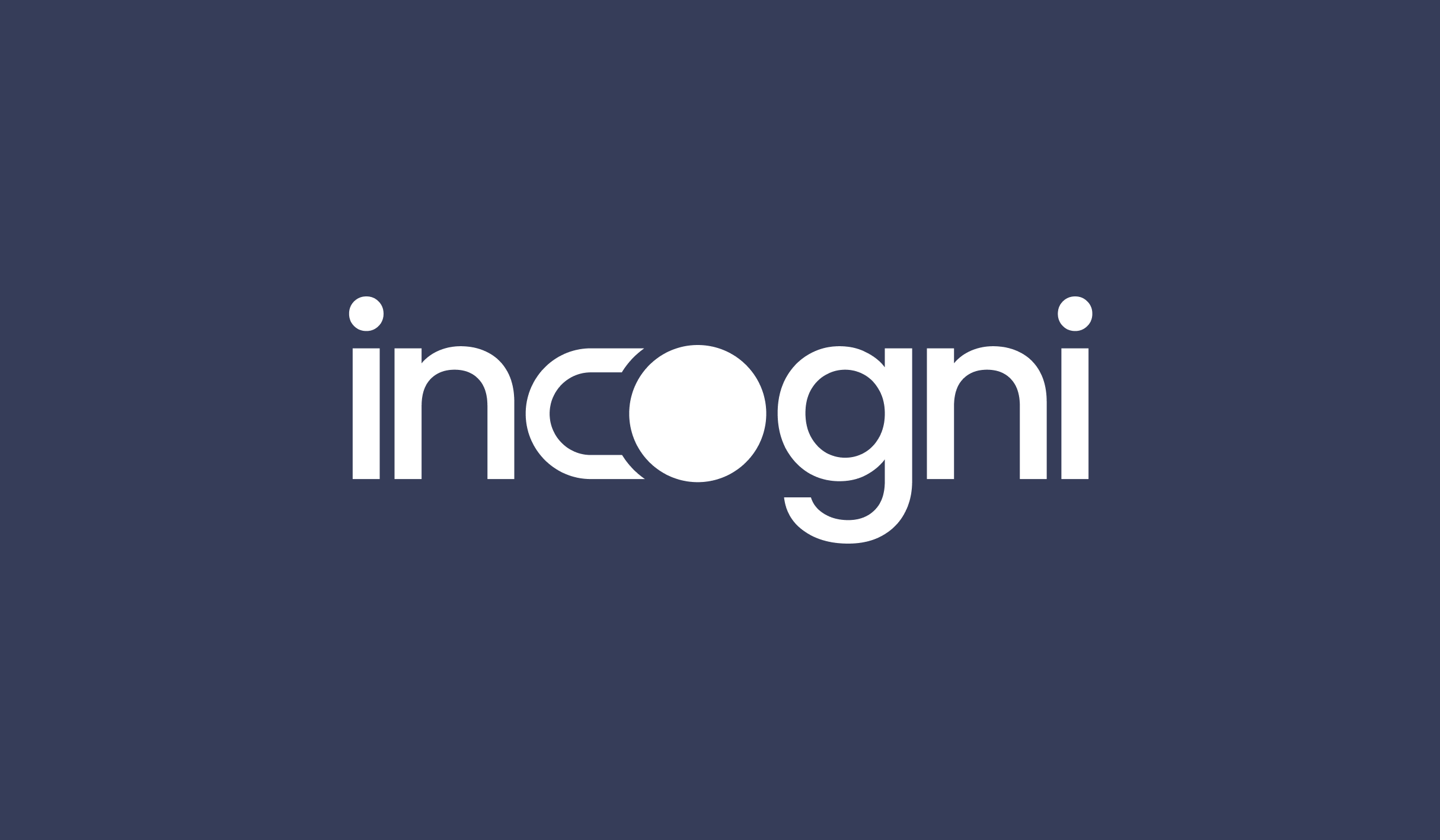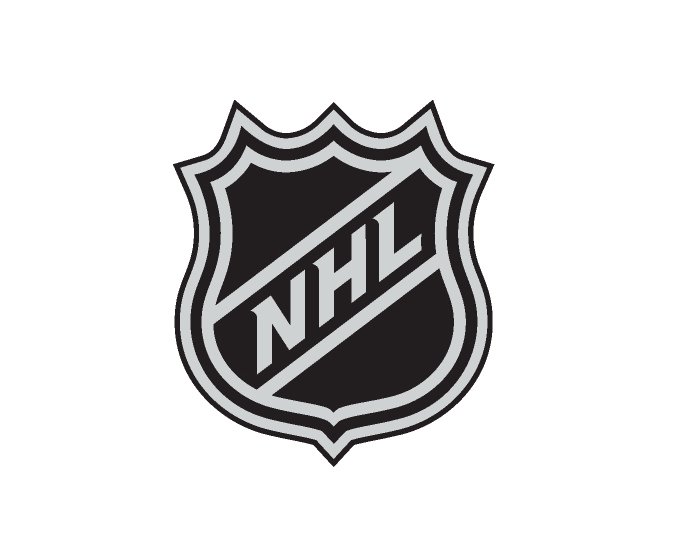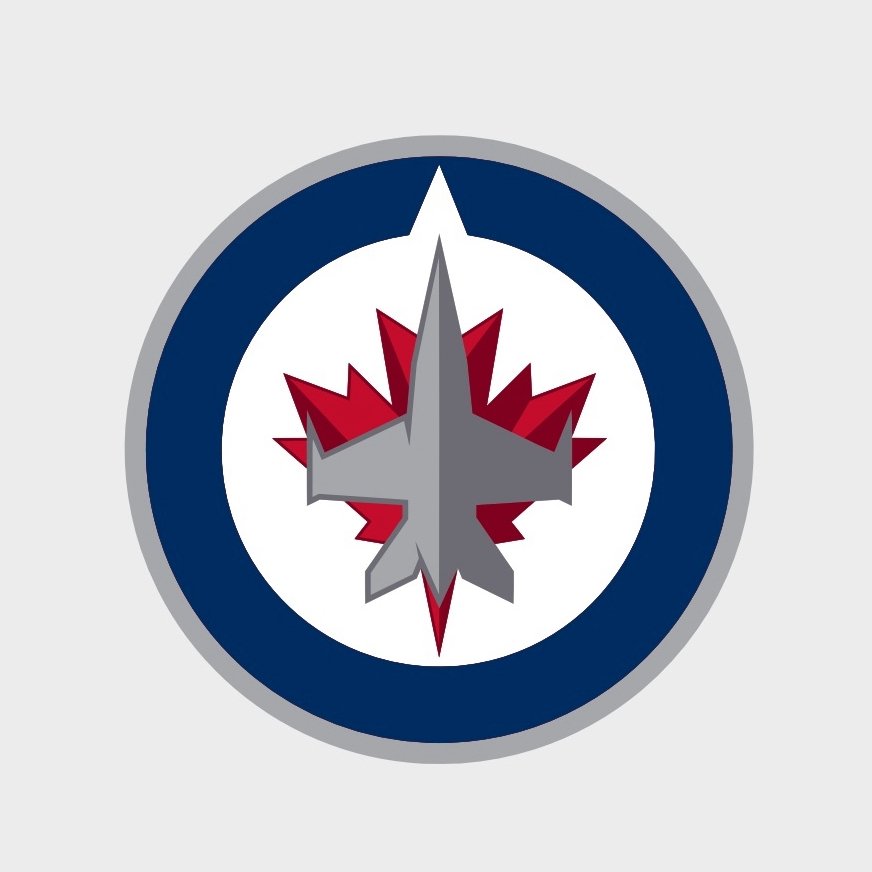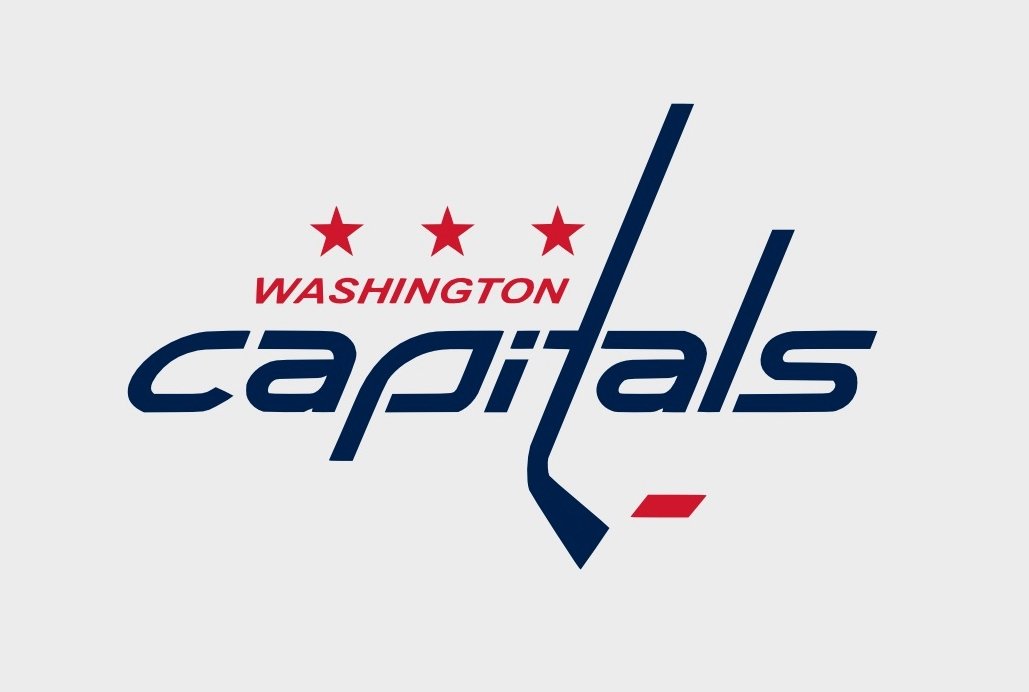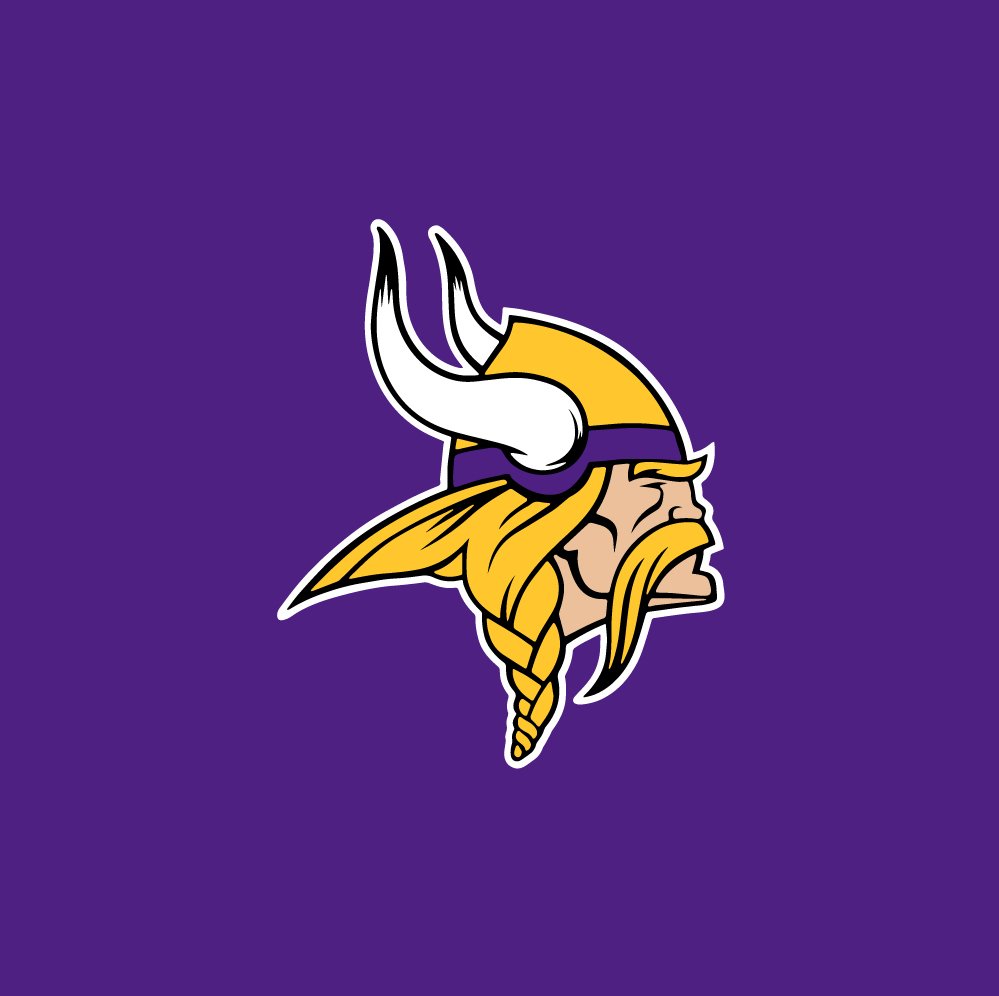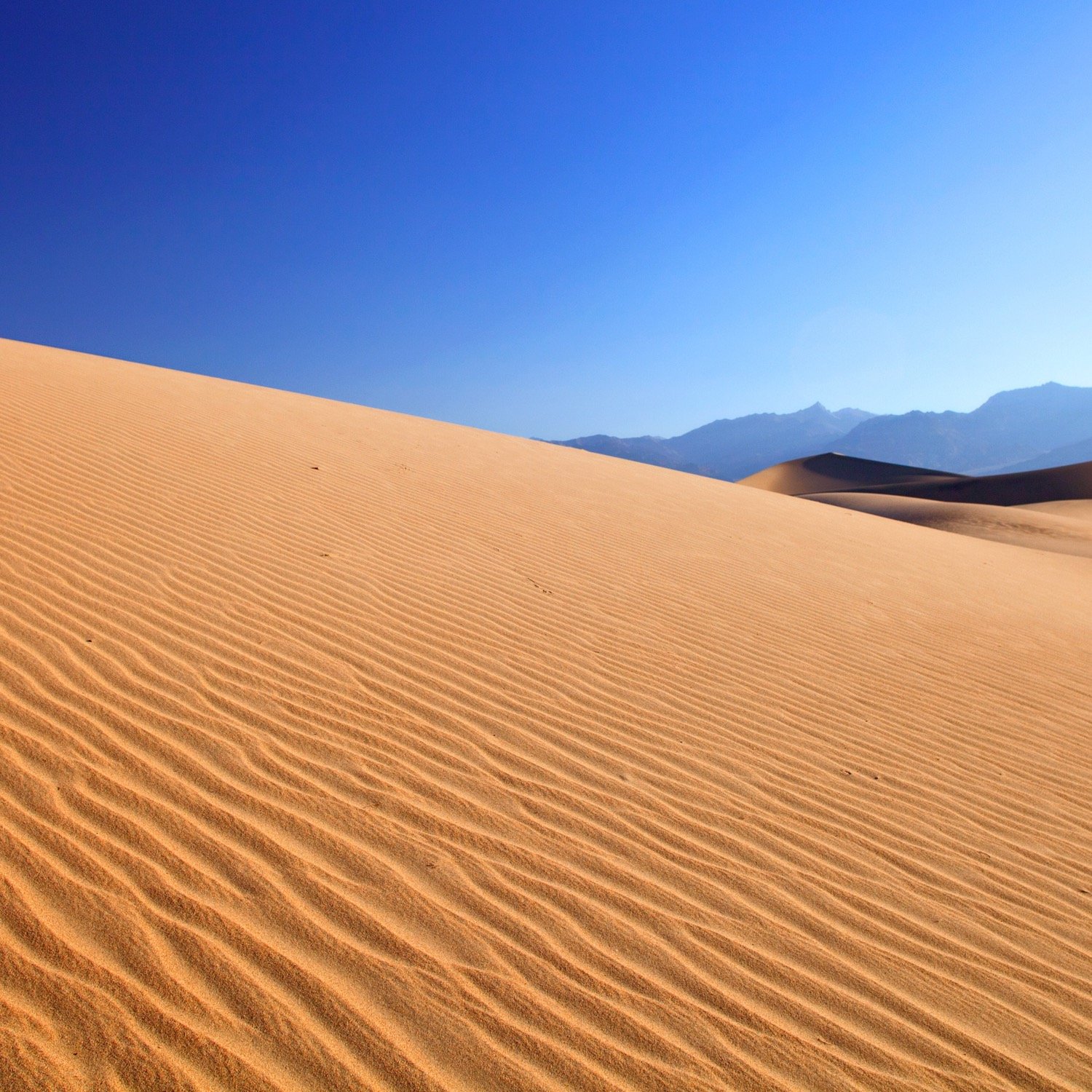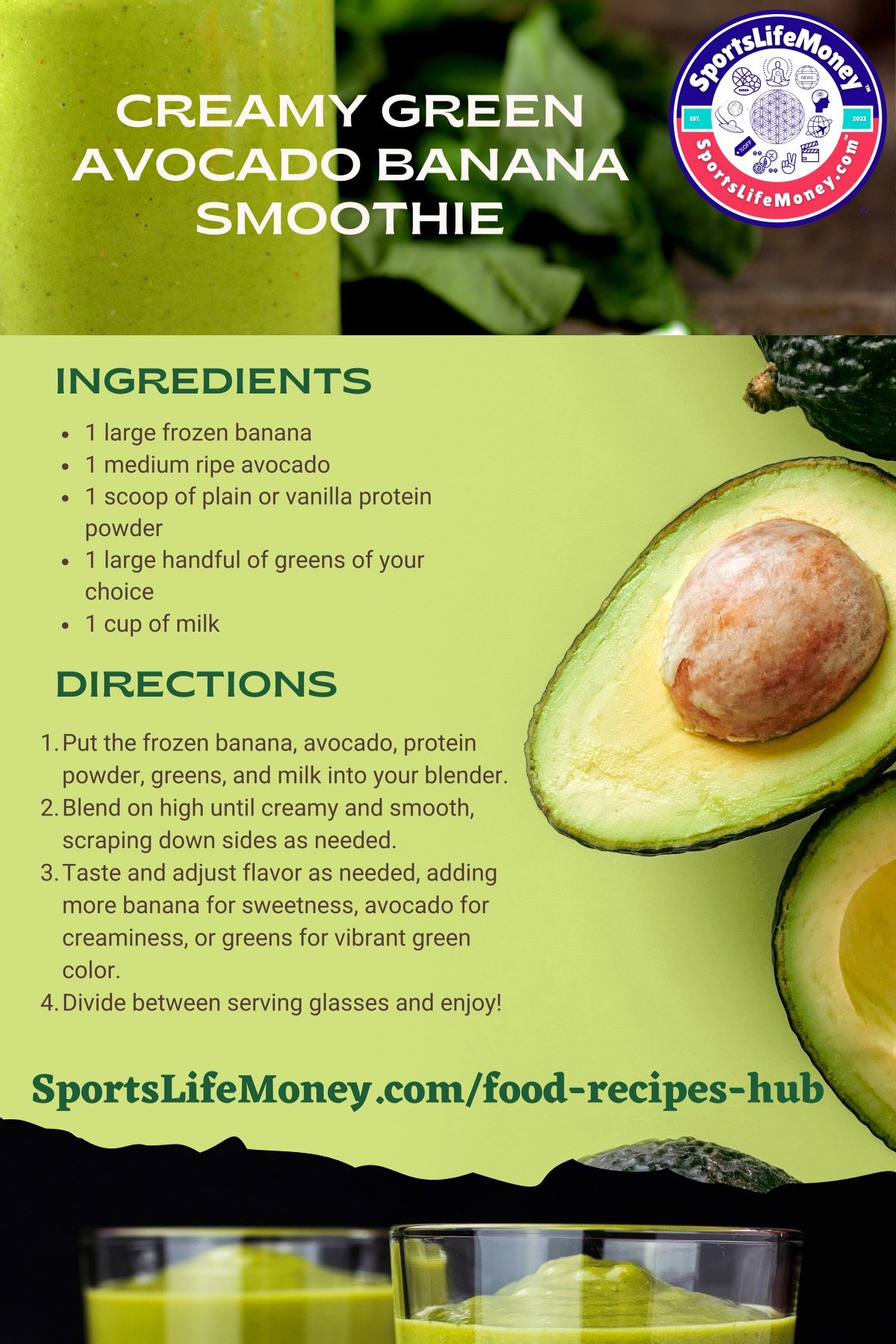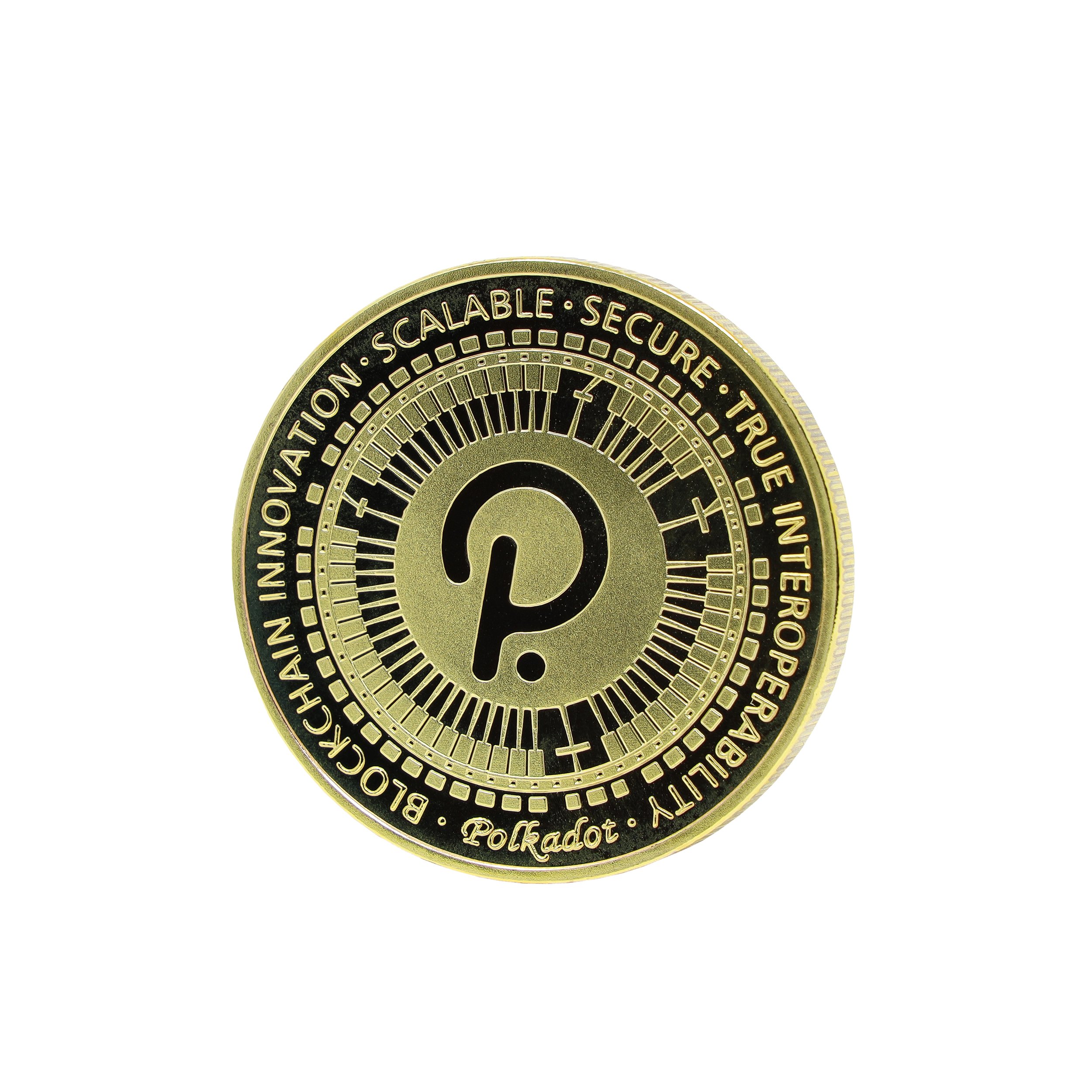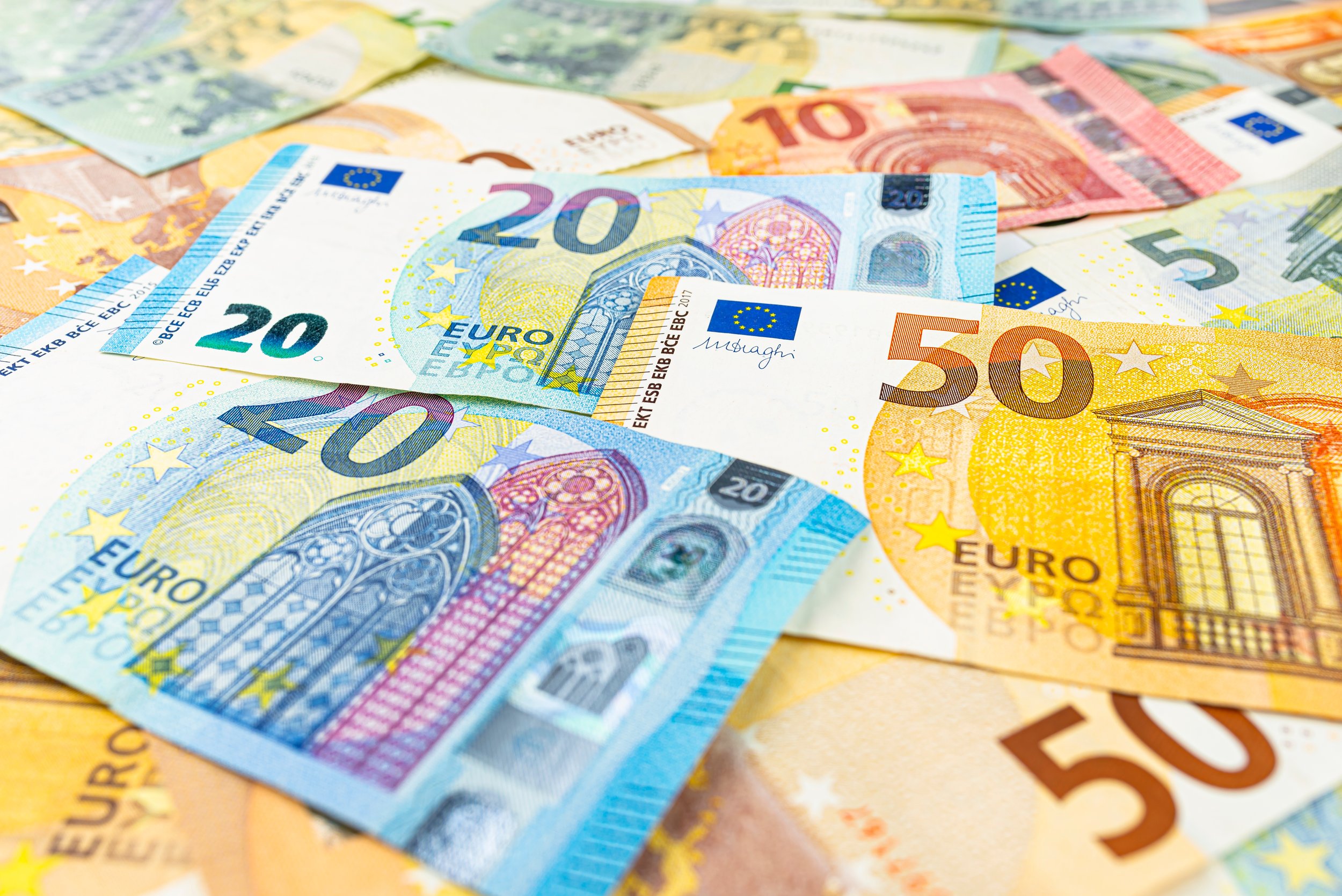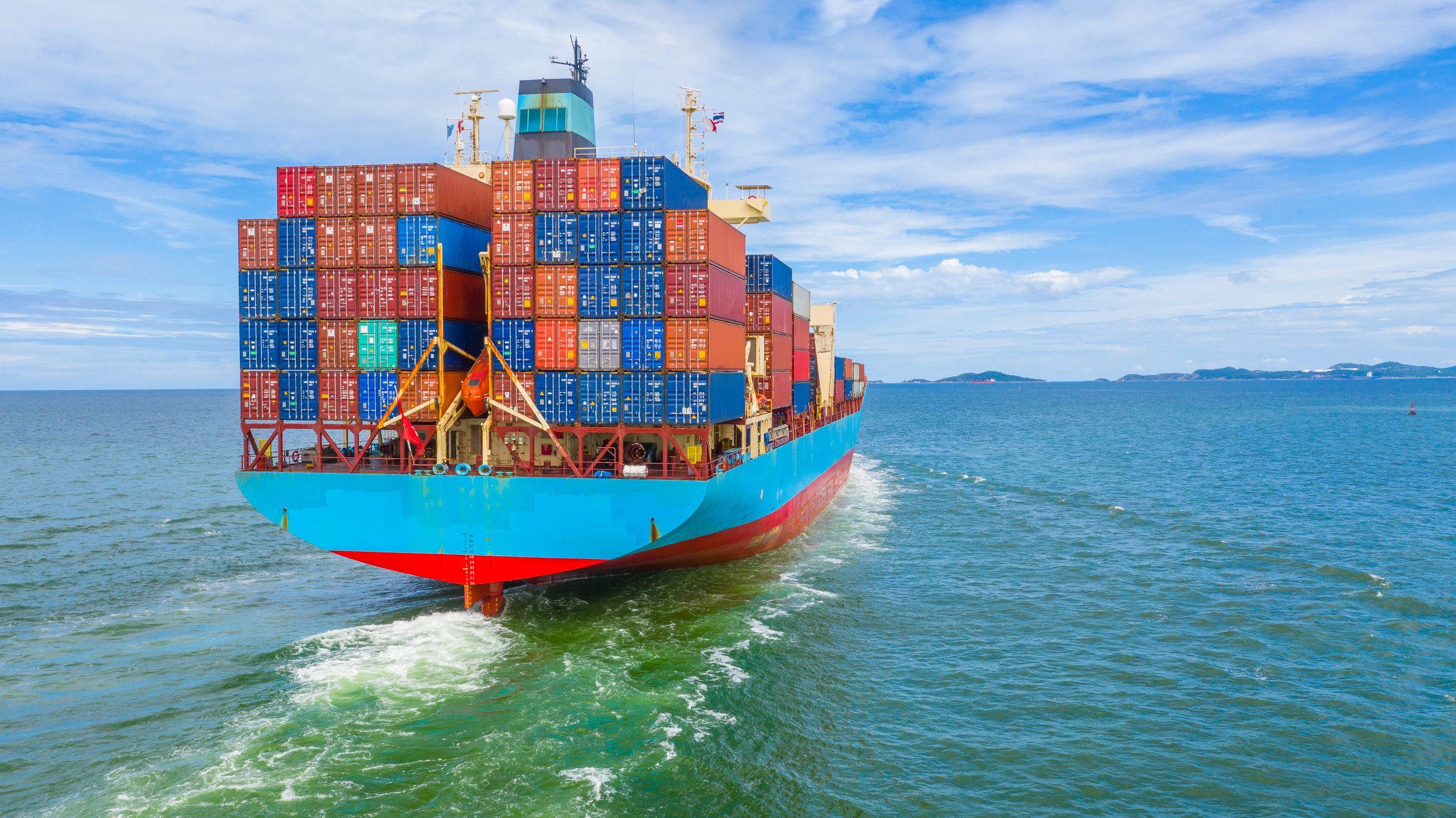Country Summary: Lebanon (Lebanese Republic)

Country Name: Lebanon (Lebanese Republic)
Capital: Beirut
Government Type: parliamentary republic
Background: As a result of its location at the crossroads of three continents, the area that is modern-day Lebanon is rich in cultural and religious diversity. This region was subject to various foreign conquests for much of its history, including by the Romans, Arabs, and Ottomans. Following World War I, France acquired a mandate over the northern portion of the former Ottoman Empire province of Syria. From it the French demarcated the region of Lebanon in 1920, and it gained independence in 1943. Since then, Lebanon has experienced periods of political turmoil interspersed with prosperity built on its position as a regional center for finance and trade, although that status has significantly diminished since the beginning of Lebanon’s economic crisis in 2019, which includes simultaneous currency, debt, and banking crises. The country's 1975-90 civil war, which resulted in an estimated 120,000 fatalities, was followed by years of social and political instability, and sectarianism remains a key element of Lebanese political life. The Israeli defense forces, which occupied parts of Lebanon during the civil war, did not completely withdraw until 2000. Neighboring Syria influenced Lebanon's foreign and domestic policies, while its military occupied Lebanon from 1976 until 2005; however, its influence diminished significantly after 2005. Over 1.5 million Syrian refugees have fled to Lebanon since the start of the Syrian conflict in 2011. Hizballah - a major Lebanese political party, militia, and US-designated foreign terrorist organization - and Israel have continued attacks and counterattacks against each other after Syria's withdrawal and fought a brief war in 2006. After HAMAS attacked Israel on 7 October 2023, the intensity and frequency of these cross-border attacks increased substantially into a cycle of hostilities, mostly limited to the border areas as of January 2024. Lebanon's borders with Syria and Israel remain unresolved.
Since 2019, Lebanon has experienced a severe economic crisis that has crippled its economy, shut down its previously lucrative banking sector, reduced the value of its currency, and caused many Lebanese to emigrate in search of better prospects.
Continent: Middle East
Population: 5,331,203 (2023 est.)
Ethnic Groups: Arab 95%, Armenian 4%, other 1%
Languages: Arabic (official), French, English, Armenian
Religions: Muslim 67.8% (31.9% Sunni, 31.2% Shia, smaller percentages of Alawites and Ismailis), Christian 32.4% (Maronite Catholics are the largest Christian group), Druze 4.5%, very small numbers of Jews, Baha'is, Buddhists, and Hindus (2020 est.)
Economic Overview: upper middle-income Middle Eastern economy; economic activity hurt by economic depression, COVID-19, and port explosion; hyperinflation and sharp poverty increases; banks have ceased lending; new financing facility helping with recovery
Currency: Lebanese Pound (LBP)
Reserves of Foreign Exchange & Gold: $32.513 billion (2022 est.) note: holdings of gold (year-end prices)/foreign exchange/special drawing rights in current dollars
Real GDP (Purchasing Power Parity): $72.631 billion (2021 est.) note: data in 2017 dollars
Real GDP Growth Rate: -7% (2021 est.) note: annual GDP % growth based on constant local currency
Real GDP per Capita: $13,000 (2021 est.) note: data in 2017 dollars
Exports:
$12.606 billion (2022 est.) note: balance of payments - exports of goods and services in current dollars
Comparison Ranking: 103
Export Commodities: gold, diamonds, scrap iron, wood furniture, grapes, jewelry, cars (2021)
Export Partners: Switzerland 27%, United Arab Emirates 15%, South Korea 11%, Saudi Arabia 7%, Kuwait 6% (2019)
Imports:
$24.163 billion (2022 est.) note: balance of payments - imports of goods and services in current dollars
Comparison Ranking: 89
Import Commodities: refined petroleum, cars, packaged medicines, jewelry, gold (2019)
Import Partners: United Arab Emirates 11%, China 10%, Italy 8%, Greece 8%, Turkey 7%, United States 6% (2019)
Natural Resources: limestone, iron ore, salt, water-surplus state in a water-deficit region, arable land
Agricultural Products: potatoes, milk, tomatoes, apples, oranges, olives, wheat, cucumbers, poultry, lemons
Industries: banking, tourism, real estate and construction, food processing, wine, jewelry, cement, textiles, mineral and chemical products, wood and furniture products, oil refining, metal fabricating
Industrial Production Growth Rate:
-6.85% (2021 est.) note: annual % change in industrial value added based on constant local currency
Comparison Ranking: 207
Labor Force: 1.813 million (2022 est.)
Unemployment Rate: 11.75% (2022 est.) note: % of labor force seeking employment
Natural Hazards: earthquakes; dust storms, sandstorms
Geography:
Total: 10,400 sq km
Land: 10,230 sq km
Water: 170 sq km
(Country Summary, The World Factbook, CIA.gov)
LEGAL, FINANCIAL, & TAX ADVICE DISCLAIMER: The information on SportsLifeMoney’s™ (“SLM”) websites, podcast network, videos, social media accounts, and other platforms (collectively, “SLM Platforms”) is strictly and solely provided for educational and informational purposes only. All of the information and materials on the aforementioned SLM Platforms do not constitute and are not intended to provide legal, financial, accounting, or tax advice, and should not be relied on in that respect. SLM recommends that you consult with an attorney, certified financial advisor, or licensed accountant to answer any legal, financial, or tax questions you may have. SLM also recommends that you consult with an attorney, certified financial advisor, or licensed accountant before making any legal, financial, or tax-related decisions based on content and/or subject matter included and/or discussed on any of the SLM Platforms. Before you act or rely on any information you have heard, read, viewed, and/or listened to on any of the SLM Platforms or communication mediums, SLM recommends that you confirm any and all facts that are important to your decision and that you subsequently consult with an appropriate professional (e.g., attorney, certified financial advisor, certified accountant, etc.) and have them review these facts and also confirm their validity. CAUTION: IF YOU RELY ON ANY INFORMATION, CONTENT, PRODUCT, OR SERVICE FROM ANY OF THE SLM PLATFORMS, YOU DO SO AT YOUR OWN RISK. YOU UNDERSTAND THAT YOU ARE SOLELY RESPONSIBLE FOR ANY AND ALL DAMAGES OR LOSS THAT YOU MAY INCUR THAT RESULTS FROM YOUR USE AND/OR RELIANCE OF ANY OF THE SLM PLATFORMS OR ANY OF THE CONTENT OR MATERIAL OTHERWISE PROVIDED ON ANY OF THESE SLM PLATFORMS. SLM AND ANY AND ALL OF ITS AFFILIATES MAKE NO IMPLIED OR EXPRESS REPRESENTATIONS OR IMPLIED OR EXPRESS WARRANTIES OF ANY KIND REGARDING ANY AND ALL INFORMATION ON ANY OF THE SLM PLATFORMS OR SLM’S AFFILIATE PLATFORMS. SLM AND ITS AFFILIATES WILL NOT BE HELD LIABLE FOR ANY DAMAGES. By continuing to use any of the SLM Platforms, you acknowledge and agree to the aforementioned terms and conditions of this disclaimer and any and all other legally binding terms and conditions set forth in SLM’s Privacy Policy, Terms & Conditions, and other legally binding agreements.











